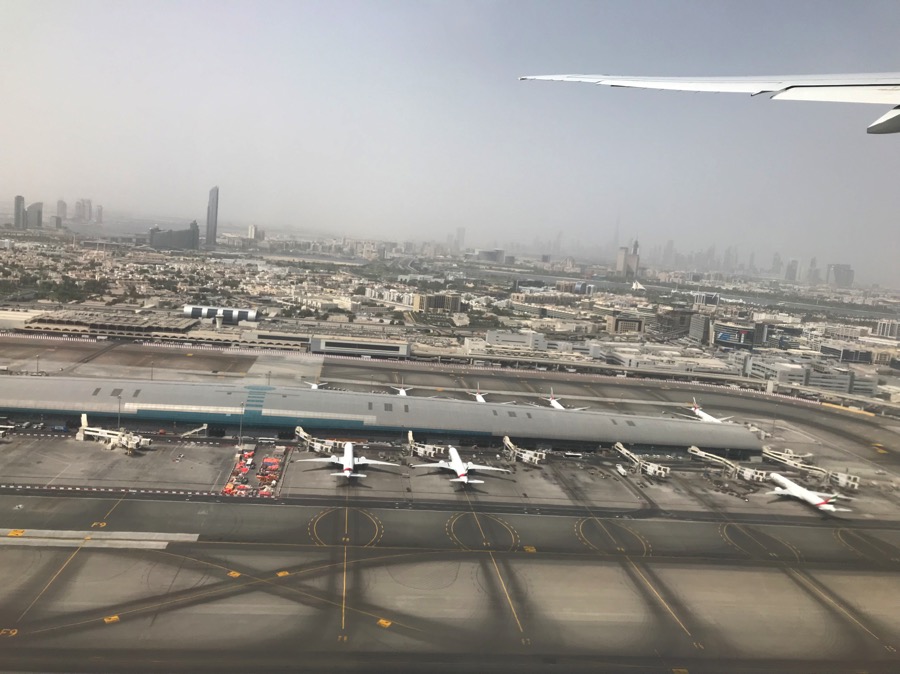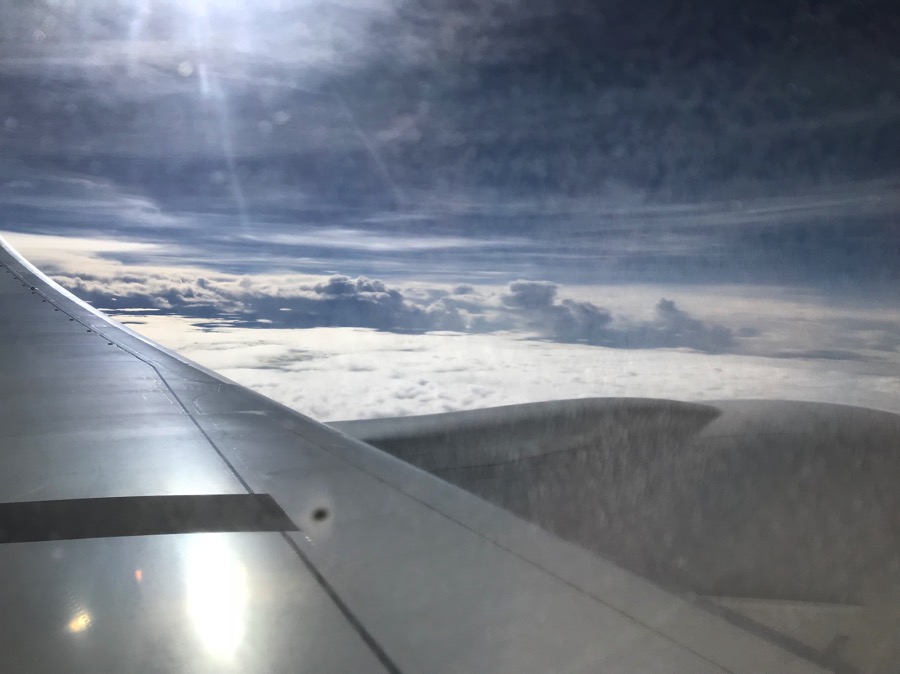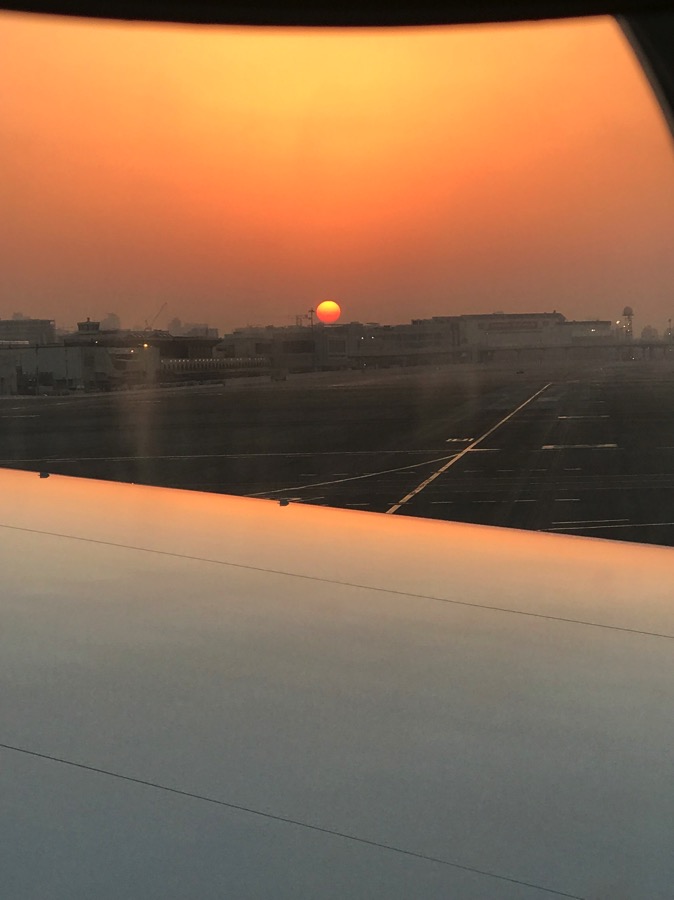7 Things You Must Do Before You Travel to Africa

So, you’ve decided to take the plunge and visit the most beautiful continent on earth? Good for you! You won’t regret it! Here are a few things you need to know to get you started.
1. Make sure your passport is up to date.
Believe it or not, you’ll need your passport first, even before you book your ticket. Most airlines won’t even reserve the ticket without a valid passport number.
I love looking at my old passports and seeing all the places I’ve been. I love looking through new passports, anticipating places I’ll get to visit – all those fantastic entry visas, just waiting to be stamped!
2. Book your ticket
You’ll need to start working on this as soon as possible to get the best deal. You can’t really buy anything until about 6 months before your travel date. 6-8 weeks is the sweet spot for deals.
It’s also helpful to know when the “on” and “off” seasons are for the country you want to visit. Obviously, it will cost less to fly in the “off” season. For instance, Uganda has two “off” seasons during the rainy seasons. I personally think the best time to visit is in the rainy season. Everything is lush and green. But, due to the unpredictability of the weather, most people prefer to come in the dry season.
For the best possible prices, leave your travel dates somewhat flexible. Numerous times for us, a variation of 3-7 days has saved us hundreds of dollars per ticket.

3. Find out how to get the entry visa for the country you to plan to visit.
Many African countries give you your entry visa (a stamp inside your passport) upon your arrival. Most require a fee for this. You can easily find the cost online.
However, many countries are changing their procedure. Rwanda now requires the visa ahead of time. If you don’t already have that stamp, they’ll put you right back on the plane out of the country.
Other countries allow you to pay for the visa online, print a receipt, and receive your stamp upon entry when you show them the receipt. It expedites the process when you get off the plane.
You can find out the procedure to receive the visa you need online. I recommend researching this as soon as you get your ticket.
4. Get travel shots from your local health department.
You might just need a tetanus or MMR booster. But you might need more shots than that. If you’re traveling into Uganda, for instance, you have to be able to prove, upon entry, that you’ve received a yellow fever vaccine. If you can’t, they’ll give you the vaccine right there in the airport and charge you 3 times what you’d pay anywhere else in the country.
I recommend the health department because their prices will be the best and they will only give the shots you need. Sometimes doctor’s offices or travel nurses will recommend a list of shots, but these shots are expensive and unnecessary. You might need an appointment for the health department travel nurse so call as soon as you know travel dates to set this up.
5. Know your luggage allowance.
Used to be, you could fly with two checked pieces of 70 pound luggage and two carry ons. Those were the days, my friend! Today, standard allowance is 1 to 2 checked bags, weighing no more than 50 pounds (22-23 kilos) each and 1 to 2 carry on pieces weighing no more than 7 kilos (about 15 pounds) each. And yes, they now weigh the carry on pieces.
You might think that’s a lot. It isn’t.
You also have to consider the total dimensions of the bags. Airlines recently reduced the size of bags they allowed to be checked and carried on. Most checked pieces have to be less than 100 cm or 60 inches total dimensions (in other words, add up the height+length+depth and this number must be equal to or less than the allotted amount).
Take it from personal experience that there is nothing more frustrating than getting to the check-in desk and finding most of your bags overweight. God has blessed us with very understanding agents so far. But I’ve watched families spread out their luggage right in front of the desk to try to readjust everything to fit and not have to pay huge fees.
So weigh everything. Twice. Maybe three times.
6. Inform your bank of your travel plans.
Used to be, you had to travel with large amounts of cash on your person, then find a reputable forex bureau or bank to exchange your money for the local currency of the country you planned to visit.
Technology now allows most travelers to use their bank card for money withdrawals wherever they visit.
That is IF the bank knows you’re traveling.
Nothing gets your card shut down faster than a transaction taking place outside the US, especially in Africa. Then you have to find a way to get in touch with the bank and let them know it really was you that made the transaction and that no one has stolen your card. It’s a pain! Sometimes it happens even when the bank knows you’re traveling.
Most of the time, simply emailing or calling your bank and putting a note on your account informing them of your travel dates will keep this from happening. Not always, but most of the time. Another option is using a recognized travel credit card (like American Express or Charles Schwab’s Visa), and paying it off as soon as you finish your trip. This only works if the card allows you to make cash withdrawals, because most of Africa uses cash only (there are exceptions and these expand every year).
Whatever you do, you’ll need to plan for it ahead of time and let all appropriate parties know what is going on.
7. Register your travel plans with the US Embassy in the country you plan to visit.
It’s important for the US Embassy (the State Department) to know where you are overseas and when. They’ll send you important travel information and restrictions. If they know where you are and when, they can help you if you have an emergency. It’s one of the many perks of being a US citizen.
An Egypt Air flight disappeared over the Mediterranean Sea right before we had tickets to travel to Egypt ON an Egypt Air flight. We’d registered with the US Embassy in Egypt. They sent out a message informing us of the new security measures Egypt had put in place to protect travelers into and out of their country. We were able to inform our family back in the States that we were completely safe to continue with our plans.
~~~~~~~~~~~~
There’s what you need to know to get you started! It’s pretty simple if you just work through the steps.
So book that trip! You’re in for the experience of a lifetime!


These are great tips, Anna. Thank you for sharing. We had a bible college student stay with us when I was in elementary school. He was from Ghana and was fascinated by our refrigerator. Also, a friend from my church was a missionary to Rwanda to help special needs, children. She is back there now for a month on a mission of hope for the blind.
Most people here in Uganda don’t have refrigerators, even today. They buy the food they need as they need and use it. They can’t understand the way Americans like to “stock up” with food for a week or even longer.
Rwanda is such a beautiful country! We got to visit in 2013. I’d love to go back. We have friends down there and another couple we know take regular trips in and out. Many of our refugees are Rwandan. The language is a challenge, though. I’ve been here 8 years and am just now beginning to understand small portions of it.